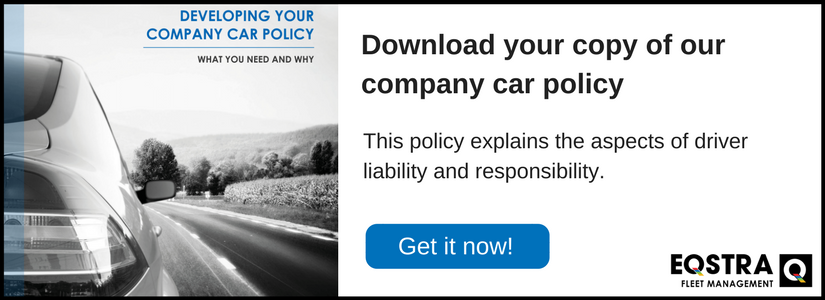 Traffic fines are a major pain point for fleet managers and require exceptional admin skills to get in order. Here’s how to manage your fleet's traffic fines.
Traffic fines are a major pain point for fleet managers and require exceptional admin skills to get in order. Here’s how to manage your fleet's traffic fines.
It’s a fact that fleet managers around the world have nightmares about traffic fine management, and fleet managers know that an influx of speeding fines can throw office admin into a flat spin. Between company policy, the introduction of the Administrative Adjudication of Road Traffic Offences (AARTO), and incomplete logbooks, the management of traffic fines is often a mammoth task.
Any fleet manager will, through trial and error, have probably established a system for managing fleet-related fines. The problem is that many of this systems are still incredibly tedious, and many others don’t even know where to start.
The good news is that you’re not alone – a solid traffic fine management system is one of the most researched and requested topics in our industry – so fleet managers are clearly looking for better options. To help make things we’ve listed some tips on how you can streamline this process and change your traffic fine nightmare into a well-oiled machine.
-
Company Policy
The first step in effectively managing your fleet’s speeding fines is to have a clear company policy that deals specifically with speeding and related fines. This is an internal policy and it’s up to the company to set their own rules, but all traffic fine policies should include the following:
-
Drivers take full responsibility for any speeding fines incurred by them.
-
There are repercussions: either in the form of paying for the fine, or a structure whereby drivers are only allowed a certain number of fines during their employment, or both.
-
Driver Training
-
Accurate Logbooks
For many fleet managers the Logbook is the bane of their existence. Companies who don’t run on automated systems depend on drivers accurately filling in their logbooks. The problem is that mistakes happen, some writing is illegible, and sometimes it just slips your mind altogether. Inaccurate logbooks make it extremely difficult to assign responsibility once speeding fines arrive on the fleet manager’s desk. Without 100% proof that a specific driver is responsible, fleet managers can’t implement any disciplinary measures.
There are many ways to improve logbook accuracy – such as assigning someone to ensure logbooks are completed after each journey. Some companies even require drivers to phone in the information. These systems are by no means error-free, but a clear policy and strict procedures will certainly reduce the number of fines received, and also make them easier to track.
-
Automated Solutions
- Speed governing - allows the fleet manager to remotely govern the speed of the vehicle.
- Biometrics: Driver Identification - know exactly who drove which vehicle at certain times.
- Driver Scorecard - each driver can be individually monitored for speeding
- Automated Logbook – automatically generates a weekly logbook for each driver. It uses driver biometrics and tracking systems to log all important details and ensures data is captured quickly and accurately.
There’s no doubt that investing in systems that automate logbook and speeding fine management is the most effective and hassle-free solutions. Companies who don’t want to go that route just yet, need to ensure they have clear policies and strict rules in place – not only to minimise speeding, but to make sure they’re allocating fines to the drivers responsible.
